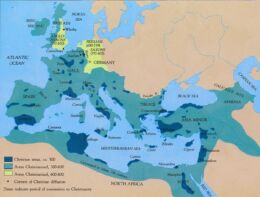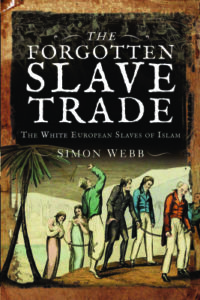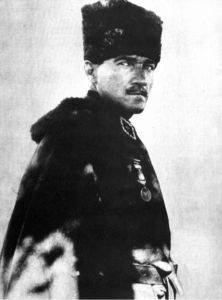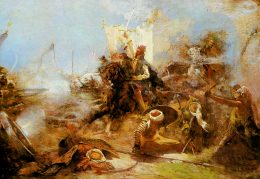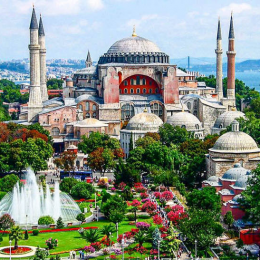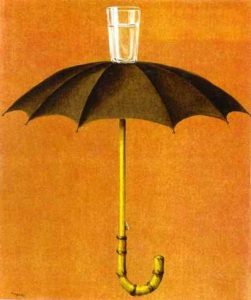
Michael the Brave, savior of Europe?
2,446 words
The history of Romania as a concrete country is generally assumed to have started with the Romanian, or Danubian, principalities, similarly to how the history of Russia as a concrete country starts with Muscovy. Both of these histories are of late medieval origin, having come into being in the wake of the Mongol invasions of Europe. In both comparable cases, however, the concrete starting point is not the same as the ethnologically related spiritual precursor from which the original states derived their patronage. In the case of Russia, the spiritual precursor was the Kievan Rus’, which was situated in present-day Ukraine. (more…)
